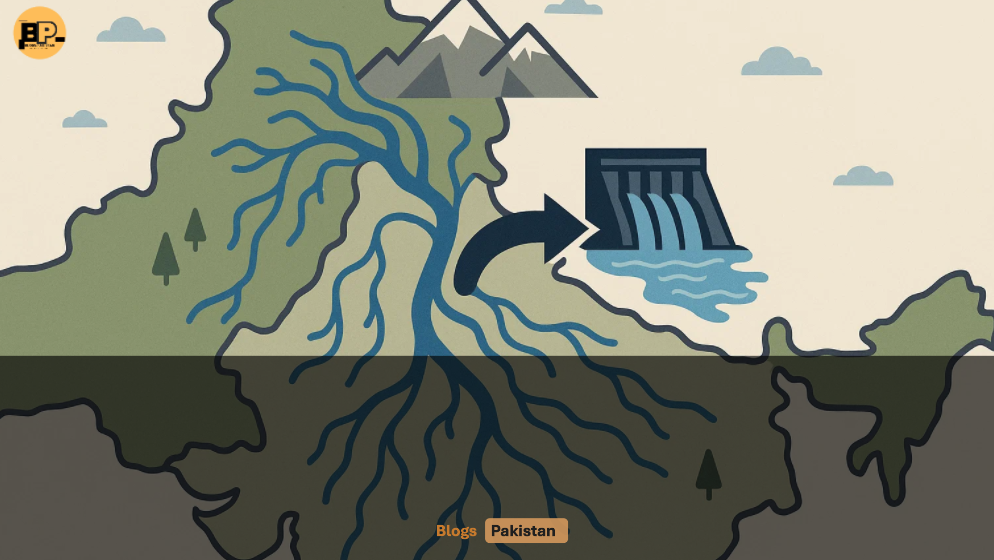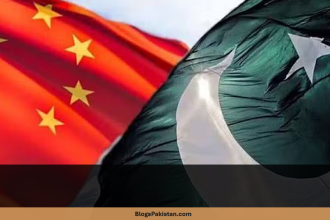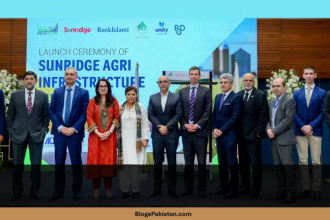A Call for Peace and Preparedness: Pakistan’s PM Shehbaz Message to the Region
At the Second Trilateral Summit in Lachin, Azerbaijan, Prime Minister Muhammad Shehbaz Sharif delivered a powerful speech that balanced diplomatic clarity with national resolve. In a volatile geopolitical climate, where tensions between Pakistan and India continue to simmer, the Prime Minister’s message was unequivocal—Pakistan stands for peace, but will not compromise on its core interests, particularly those tied to its water security and sovereignty.
Let’s dive into the key messages, broader implications, and strategic significance of the Prime Minister’s address, especially in the context of growing water threats and shifting alliances in South Asia.
Water as a Lifeline and a Flashpoint
In one of the most significant moments of his speech, PM Shehbaz Sharif highlighted the attempted weaponization of the Indus Waters Treaty by India—a move he denounced as not only unethical but fundamentally unsustainable.
“It is most unfortunate that India tried to threaten to stop the flow of water into Pakistan. This is not possible, this is never possible and will not be possible, Insha’Allah.”
This warning wasn’t just rhetoric—it reflected the deep vulnerability and strategic priority of water resources in Pakistan’s national security framework. The Indus River system is the backbone of Pakistan’s agriculture, economy, and food security, supporting over 240 million people. The mere threat of water disruption has raised alarms across policymaking circles.
Why Water is a Critical Security Issue
- 80% of Pakistan’s agriculture depends on the Indus basin.
- Drinking water supplies in urban and rural regions rely on river-fed systems.
- Hydroelectric projects also depend on a consistent flow.
India’s alleged actions to control upstream flows could severely disrupt Pakistan’s domestic stability, making water not just a development issue, but a national security red line.
The Kashmir Conflict: A Lingering Obstacle to Peace
PM Shehbaz reaffirmed Pakistan’s longstanding position on Kashmir, calling for a resolution based on UN Security Council resolutions and the aspirations of the Kashmiri people. He insisted that lasting peace in South Asia cannot be achieved without addressing this core dispute.
“Peace requires dialogue, and dialogue requires sincerity. We are ready to sit at the table if India shows genuine intent.”
The Prime Minister made it clear that Pakistan’s willingness to negotiate is contingent on mutual respect and a genuine approach from New Delhi.
Terrorism and Pakistan’s Sacrifices : Shehbaz
The speech also included a strong rebuttal to Indian allegations linking Pakistan to cross-border terrorism. PM Shehbaz Sharif stressed Pakistan’s unmatched sacrifices, with over 90,000 lives lost and $150 billion in economic damage due to terrorism over the past few decades.
“There can be no bigger manifestation of our commitment to ending terrorism. We have fought this menace for decades.”
He indicated that Pakistan remains open to cooperation on counter-terrorism if India chooses dialogue over confrontation.
Strategic Partnerships and Regional Unity
The summit wasn’t just about India-Pakistan dynamics. It showcased the deepening bond among Pakistan, Turkiye, and Azerbaijan—three countries linked by historical, cultural, and strategic ties.
Key Highlights of Regional Cooperation
- Joint investment initiatives, including a $2 billion proposal by Azerbaijan for development projects in Pakistan.
- Collaborative ventures in AI, space, education, tourism, and digital connectivity.
- Shared stance on conflict resolution, including support for Kashmir, Nagorno-Karabakh, and Northern Cyprus.
This trilateral cooperation framework is being molded into a geopolitical force, projecting unity and shared values in a fragmented world.
Commendation of Pakistan’s Armed Forces
Shehbaz Sharif didn’t shy away from acknowledging the military’s role during recent tensions with India. He particularly praised Field Marshal Syed Asim Munir, describing him as a “God-fearing, fearless” leader who led with “iron resolve.”
The statement served two purposes:
- Underscored national unity in the face of foreign aggression.
- Sent a message to adversaries about Pakistan’s robust defense posture and internal cohesion.
Multilateral Diplomacy in a Complex World
The summit also touched upon broader issues:
- Global conflicts, climate change, and pandemics were highlighted as urgent collective challenges.
- Humanitarian crises, including the situation in Gaza, were condemned, with calls for international action.
- The importance of multilateralism and compassion in diplomacy was emphasized, reinforcing Pakistan’s commitment to peaceful coexistence.
Building Toward Peace, With Eyes Wide Open
PM Shehbaz’s address served multiple functions. It was:
- A reaffirmation of Pakistan’s desire for regional peace.
- A clear rejection of India’s unilateralism, particularly on water and security.
- A celebration of trilateral unity with Turkiye and Azerbaijan.
But above all, it was a strategic warning that Pakistan will not allow its lifelines—like the Indus Waters—to be compromised.
Peace is always Pakistan’s preference, but preparedness is its guarantee.









